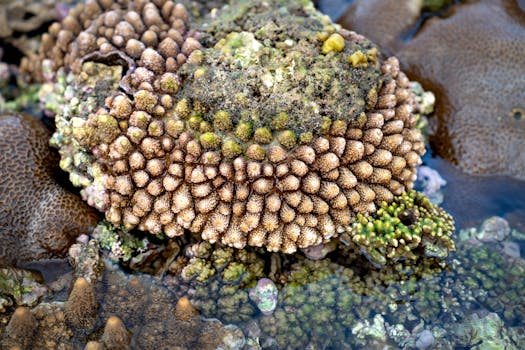
Climate change is one of the most pressing challenges facing our planet today. The impact of climate change on global ecosystems is profound and far-reaching. As temperatures rise, weather patterns shift, and sea levels increase, the delicate balance of ecosystems is disrupted. This article delves into the various ways in which climate change affects ecosystems and highlights the importance of addressing this critical issue.
Understanding Ecosystems

An ecosystem is a community of living organisms, including plants, animals, and microorganisms, interacting with their physical environment. These interactions create a complex web of life that is crucial for maintaining biodiversity and supporting life on Earth. Ecosystems provide essential services, such as clean air and water, pollination of crops, and regulation of the climate. However, climate change poses a significant threat to these essential services.
The Effects of Climate Change on Habitats

One of the most immediate impacts of climate change is the alteration of habitats. As temperatures rise, many species are forced to migrate to cooler areas, leading to changes in species distribution. For instance, polar bears are losing their sea ice habitat due to melting glaciers, while coral reefs are experiencing bleaching events as ocean temperatures increase. These habitat changes can lead to a decline in species populations and even extinction for some.
Shifts in Species Distribution

Climate change is causing species to shift their ranges in search of suitable habitats. Many animals and plants are moving towards the poles or higher altitudes as they seek cooler temperatures. This shift can disrupt existing ecosystems by altering predator-prey relationships and competitive dynamics. For example, as warmer temperatures allow certain species to thrive, native species may be outcompeted, leading to a loss of biodiversity.
Impact on Biodiversity

Biodiversity is essential for ecosystem resilience, and climate change poses a significant threat to it. Changes in temperature and precipitation patterns can lead to habitat loss, fragmentation, and increased pressure from invasive species. These factors can result in a decline in native species, reduced genetic diversity, and increased vulnerability to diseases. The loss of biodiversity not only impacts ecosystems but also affects human livelihoods and food security.
Conclusion

In conclusion, the impact of climate change on global ecosystems is profound and multifaceted. From altering habitats and species distribution to threatening biodiversity, the consequences are far-reaching. It is crucial for policymakers, scientists, and individuals to take action to mitigate climate change and protect our planet’s ecosystems. By understanding the impacts of climate change, we can work towards a more sustainable future.






